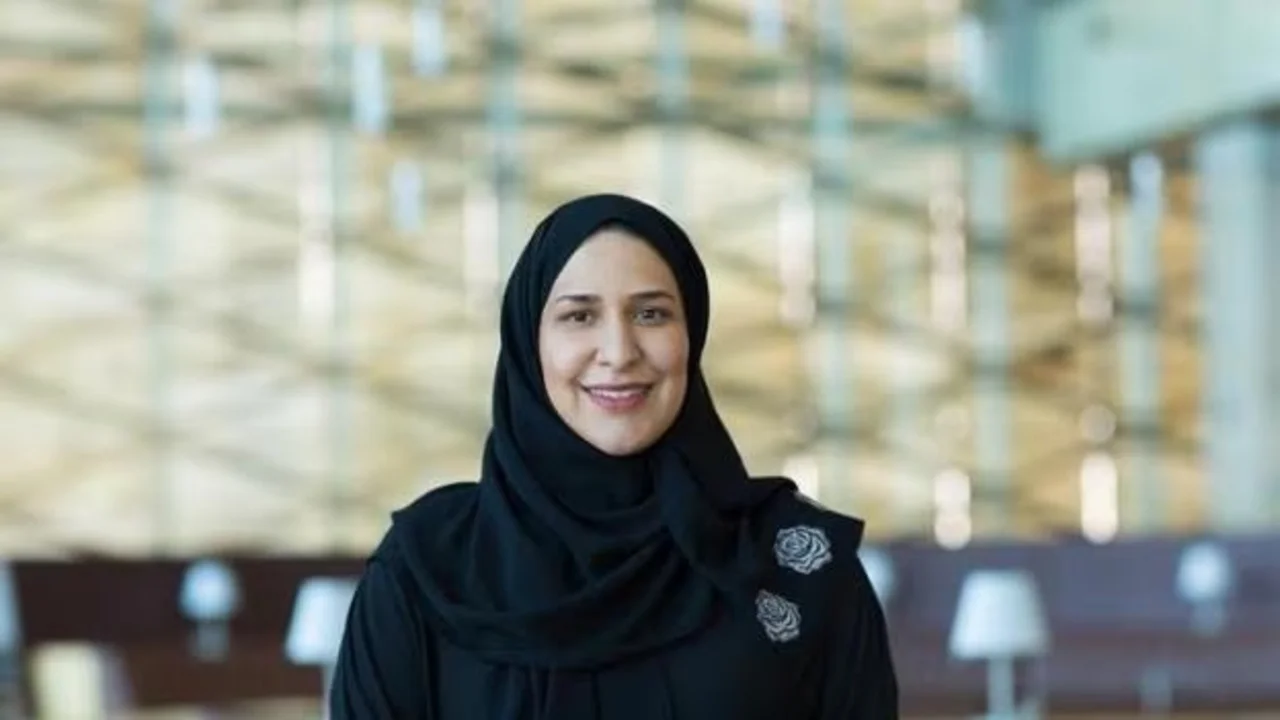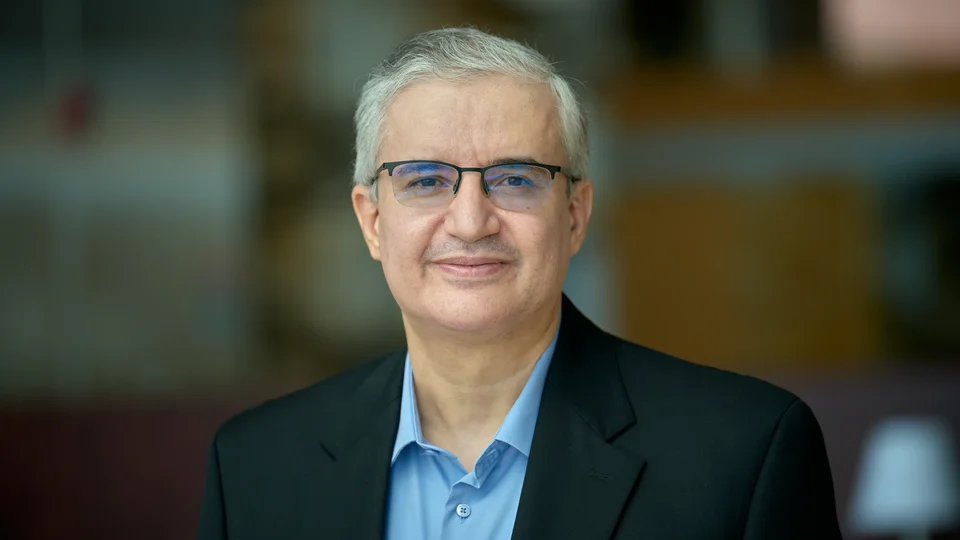
Hessa Al-Quwaiee
About
Introduction
Hessa Al-Quwaiee's interest in engineering started young, but in the early 2000s when Al-Quwaiee was attending high school, the path to becoming a female engineer in Saudi Arabia was not a commonly taken one. Instead, Al-Quwaiee pursued computer engineering at Prince Mohammed University in Al-Khobar.
Education and Early Career
One year into her bachelor's degree, a small announcement printed in a local newspaper that was keenly spotted by her sister called for students to apply for a scholarship at a yet-to-be-built university. Al-Quwaiee applied and was accepted, and her path to becoming an engineer began.
Made possible through the KAUST Discovery Scholarship, Al-Quwaiee graduated from KAUST in 2013 with a master's degree in electrical engineering followed three years later with a doctoral degree in the same field and she joined MIT, Cambridge, USA, as an Ibn-Khaldoun Postdoctoral Fellowship holder after her graduation.
Just days after graduating, she started her career at Huawei in Riyadh as the company's first and only female engineer in Saudi Arabia.
"There were many challenges on both sides," she explained.
In her role as a senior engineer, she designs and implements new projects in Saudi Arabia's Mobily network using Huawei's cutting-edge equipment, providing ubiquitous, stable and fast connectivity for voice and data to millions of people.
The job is high pressure and challenging, but I'm enjoying it," she said.
Giving back
Al-Quwaiee hasn't ruled out the possibility of returning to the world of academia.
"Research is opening up even more to women, and there is an opportunity to empower women in engineering. With my experience, I am in a position to help other women," she said.
In the spirit of giving back, Al-Quwaiee also serves as the vice president of programs for the University's Saudi Arabia Alumni Chapter.
"Over the past few years, I've noticed there are more KAUST alumni in the market. It's lovely to see familiar faces outside of the University," she explained.
In her role in the chapter, Al-Quwaiee is interested in unifying the voice of alumni and establishing ways in which alumni can connect and support each other. Outside of the office, Al-Quwaiee is part of a photography club in Riyadh that documents old areas of the city through walking tours. She also serves as the vice president of a regular book club.
"When you are in science, sometimes you feel like your life is not colorful enough. I wanted to add some color to my life," she concluded.
Research Interest
- Channel characterization and performance analysis of optical wireless communications.
- Body-to-body communications.
- Diversity combining techniques.
- MIMO systems.
Scientific and Professional Memberships
- IEEE student membership
Awards
- Provost award, KAUST, 2011.
- KAUST discovery Scholarship, 2008.
Education Profile
- Ph.D. in Electrical Engineering, King Abdullah University of Science and Technology (KAUST), Thuwal, Saudi Arabia (June 2013 - Present).
- M.S. in Electrical Engineering, King Abdullah University of Science and Technology (KAUST), Thuwal, Saudi Arabia (September 2011 – May 2013).
- B.S. in Computer Engineering, Prince Mohammed University (PMU), AlKhobar, Saudi Arabia (September 2006 - June 2011).
Quote
Research is opening up even more to women, and there is an opportunity to empower women in engineering. With my experience, I am in a position to help other women
